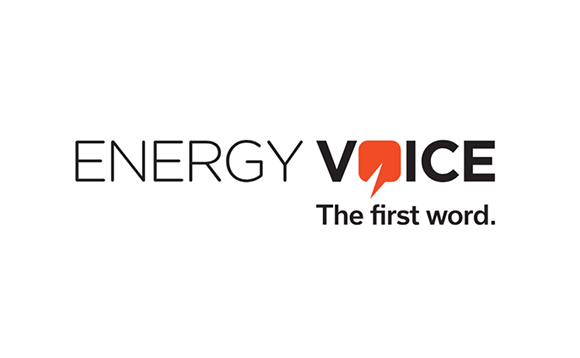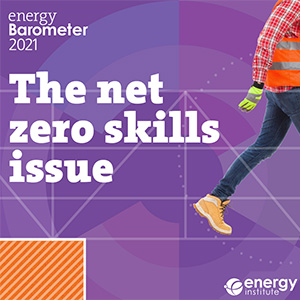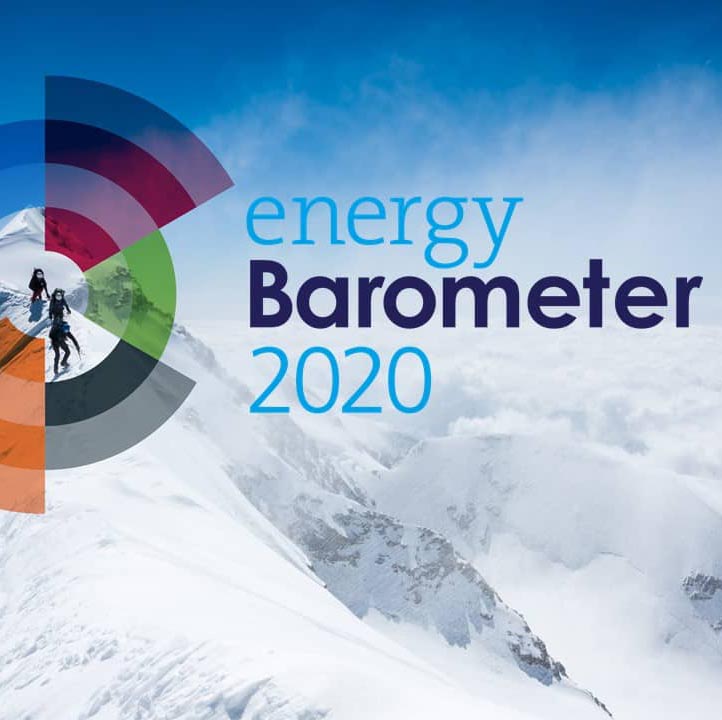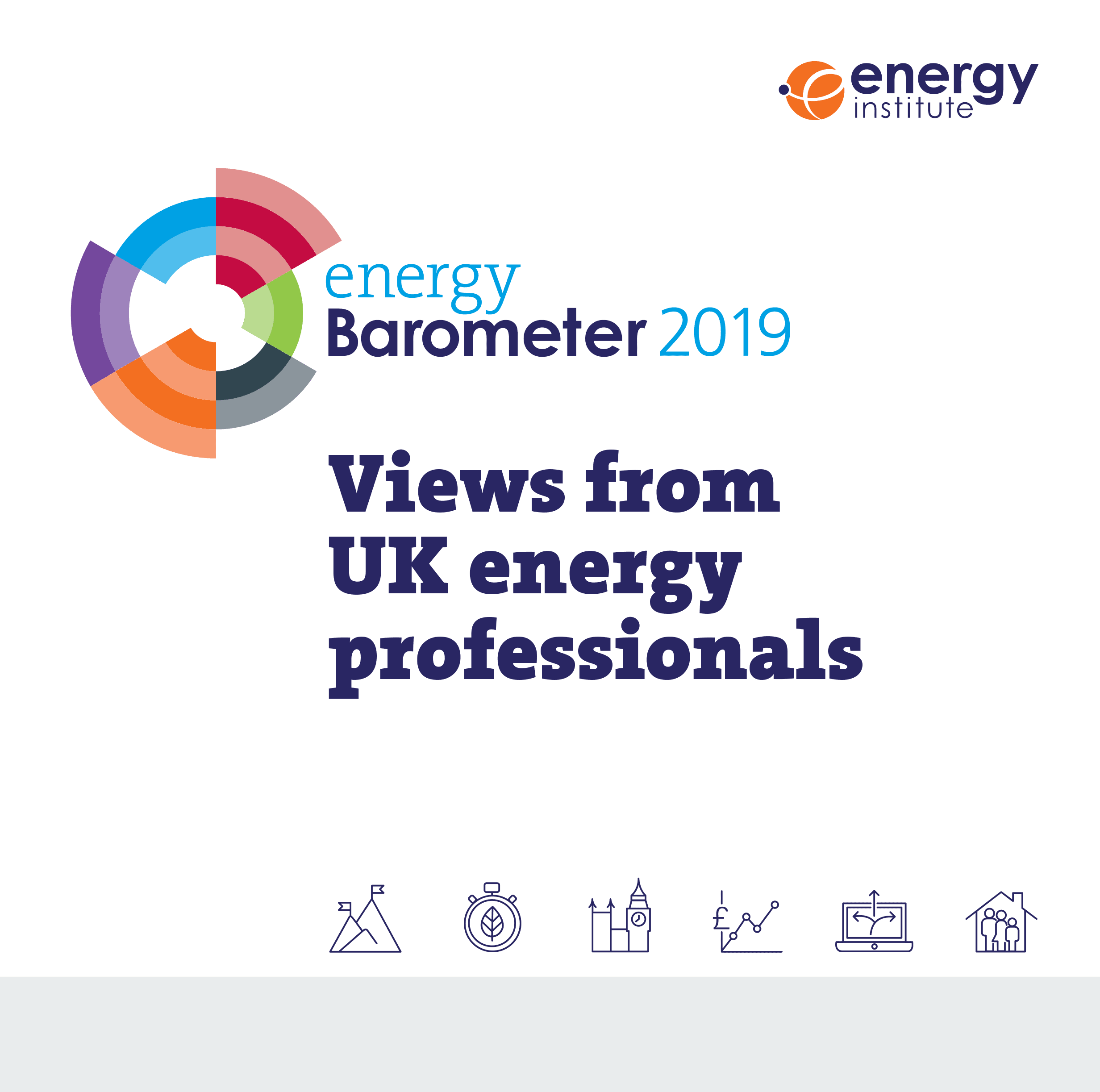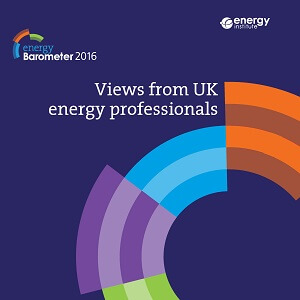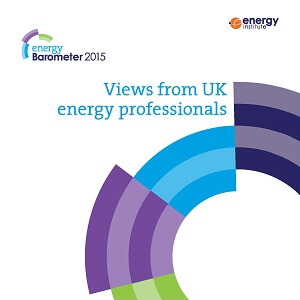About this project
The Energy Barometer is an annual survey of the Energy Institute (EI) members, that captures insights from our members to inform the energy debate.
The survey questions are designed by the EI Knowledge, Insights, and Research team under the guidance of the EI’s Energy Advisory Panel and other industry experts. Some questions are repeated annually to track trends over time; others cover topical subjects that change year-on-year.
The survey questions are answered by energy professionals from a diverse range of sectors (from renewables to oil and gas, to energy efficiency), disciplines (from engineers, to consultants, to academics) and seniority levels (from accomplished Fellows through to Associate Members earlier in their careers and Student Members).
The survey encompasses a wide range of topics including energy policy effects, climate change targets and global energy prices. It includes multiple choice, single answer as well as free response questions. The responses are analysed to assess key findings and identify themes from the results. The answers to free response questions are coded and mentions of these codes are counted across responses. In the report, responses are presented as percentages of respondents, unless stated otherwise. This can lead to percentages adding up to more than 100%, in the case of multiple choice questions where respondents are allowed to choose more than one option, or in the case of a free response question where a single response may have been assigned more than one code.
Archive
The previous Energy Barometer reports and data are available for download below.
Contact
The Energy Barometer is an ongoing project, and we welcome your feedback and suggestions for future editions.
For further information, please contact: [email protected]



